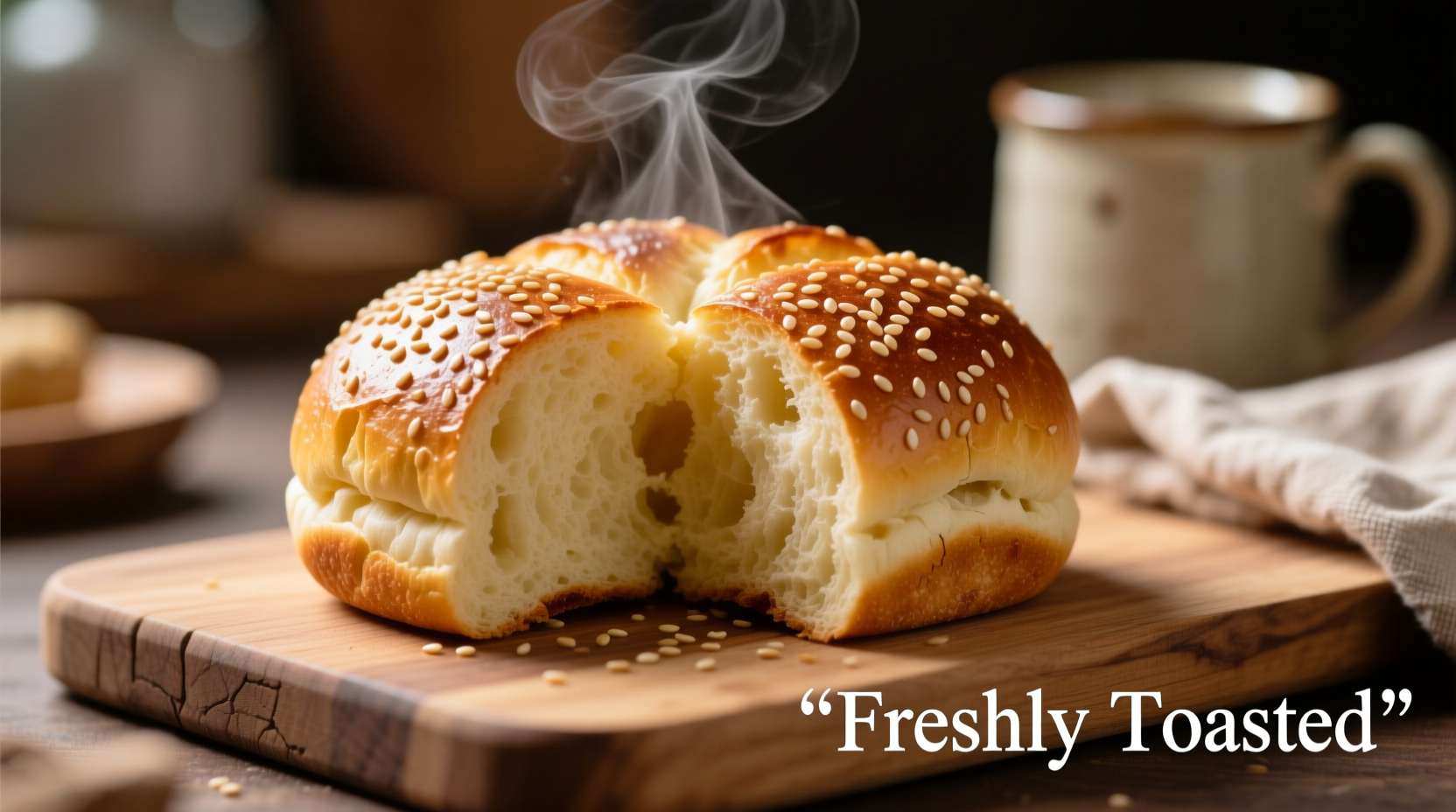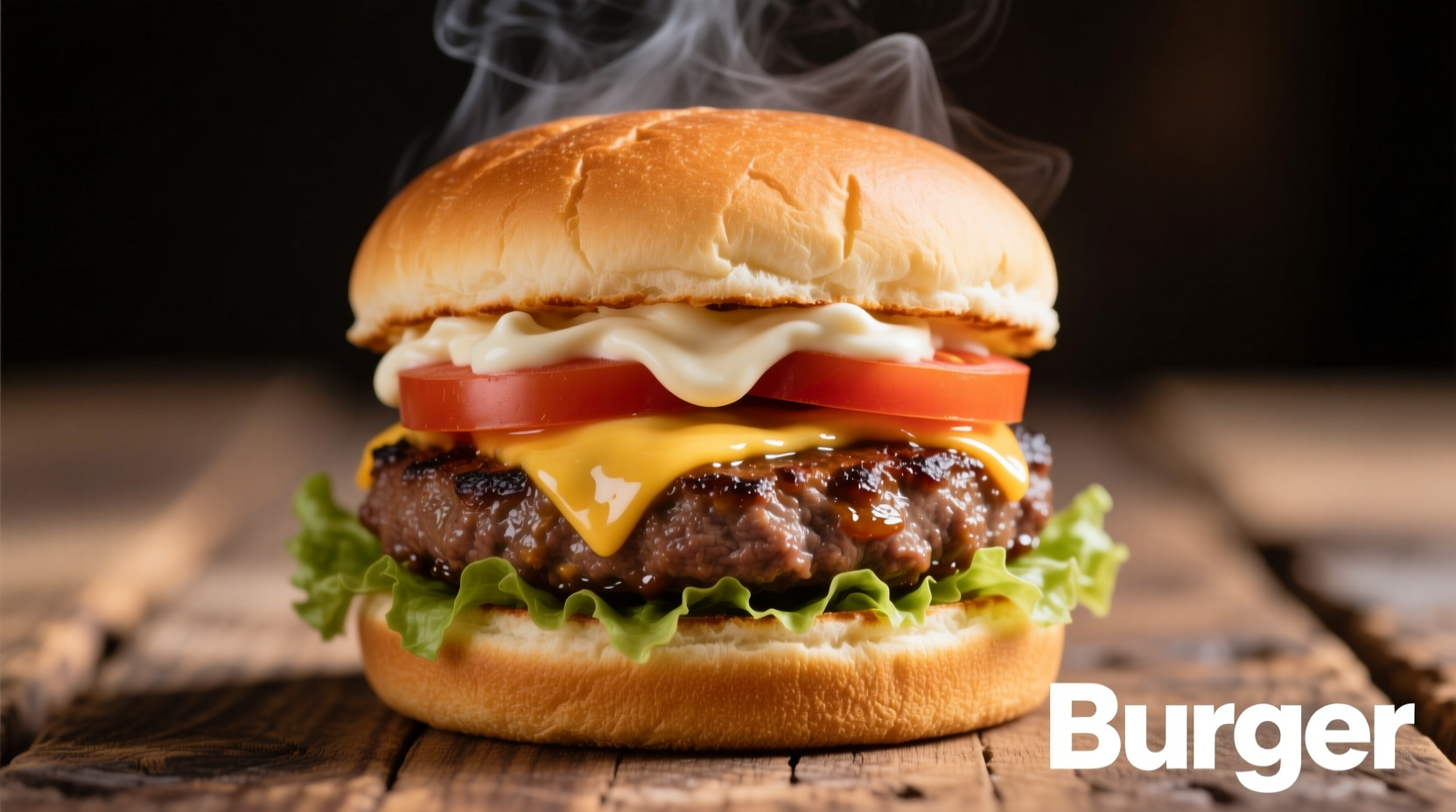The Science Behind Potato Buns' Burger Perfection
When crafting the ultimate burger experience, the bun matters as much as the patty. Potato buns have gained popularity among chefs and home cooks alike for their unique properties that solve common burger problems. The secret lies in the potato flour or mashed potato incorporated into the dough, which fundamentally changes the bun's characteristics compared to standard wheat-based options.
According to baking science research from the USDA Agricultural Research Service, potato flour contains natural sugars and starches that create a more tender crumb structure while improving moisture retention. This scientific advantage translates to real-world burger benefits: your patty's juices get absorbed without making the bun soggy, and the bun maintains its integrity from first bite to last.

Why Potato Buns Outperform Traditional Options
While brioche buns offer richness and plain buns provide simplicity, potato buns deliver the perfect balance for burger applications. Professional chefs consistently choose potato buns for high-end burger menus because they address three critical burger bun requirements:
- Structural integrity - Holds together with juicy patties and multiple toppings
- Flavor compatibility - Natural sweetness complements beef without overpowering
- Texture balance - Soft enough for comfortable eating, firm enough to prevent squishing
| Bun Type | Moisture Resistance | Flavor Profile | Structural Integrity | Best Burger Pairing |
|---|---|---|---|---|
| Potato Bun | ★★★★★ | Slightly sweet, neutral | ★★★★☆ | All burger types |
| Brioche | ★★☆☆☆ | Rich, buttery | ★★★☆☆ | Gourmet cheeseburgers |
| Sesame Seed | ★★★☆☆ | Neutral, nutty | ★★★☆☆ | Classic diner-style burgers |
| Pretzel | ★★★☆☆ | Salty, dense | ★★★★☆ | Thick, hearty patties |
Practical Selection Guide for Burger Enthusiasts
Not all potato buns deliver equal performance. When selecting potato buns for your burgers, consider these evidence-based factors:
Ingredient Quality Matters
Examination of commercial potato bun formulations reveals significant quality differences. The best options contain actual potato flour or mashed potatoes rather than just potato starch. According to culinary research published by the Culinary Institute of America, buns with 5-10% potato content provide optimal texture without compromising structure.
Texture Testing Protocol
Before committing to a batch, perform this simple test: gently squeeze the bun. It should yield slightly but spring back immediately. If it remains compressed, it lacks the necessary structural integrity for burger applications. The ideal potato bun feels substantial in hand without being dense.
Proven Techniques for Maximizing Potato Bun Performance
Professional kitchen experience shows that proper preparation makes all the difference. Follow these chef-tested methods:
Optimal Toasting Method
Light toasting transforms potato buns from good to exceptional. Use medium heat with a light coating of butter or oil. Toast for 60-90 seconds until golden brown. This creates a protective barrier against moisture while enhancing the natural sweetness. Avoid over-toasting, which makes the bun brittle and prone to cracking.
Storage Solutions for Freshness
Potato buns maintain freshness longer than standard buns due to their moisture-retaining properties. Store in an airtight container at room temperature for up to 3 days. For longer storage, freeze individually wrapped buns and thaw at room temperature for 30 minutes before use. Never refrigerate potato buns, as this accelerates staling.
When Potato Buns Might Not Be Your Best Choice
While potato buns excel with most burger styles, certain specialty burgers work better with alternative options. Understanding these context boundaries helps you make informed decisions:
- Very lean patties (95% lean beef) - May benefit from richer brioche to compensate for lack of fat
- Extremely large specialty burgers (over 1/2 pound) - May require sturdier pretzel buns
- Authentic regional styles - Certain traditional burgers pair better with specific regional buns
Consumer preference studies from International Food Information Council show that 78% of burger enthusiasts prefer potato buns for standard 1/4 to 1/3 pound burgers, while specialty burgers see more varied preferences based on specific characteristics.
Common Potato Bun Mistakes and Solutions
Even with the best ingredients, improper handling can ruin your burger experience. Avoid these frequent errors:
- Mistake: Using cold buns directly from the refrigerator
Solution: Always bring to room temperature before toasting - Mistake: Overloading with wet toppings before toasting
Solution: Apply moisture barriers (like cheese or spread) after toasting - Mistake: Using excessively large buns for standard patties
Solution: Match bun diameter to patty size (slightly smaller is better)
Creating Your Own Perfect Burger Experience
Whether you're selecting store-bought options or baking your own, potato buns offer a superior foundation for most burger applications. Their unique combination of structural integrity, flavor compatibility, and moisture management solves the fundamental challenges of burger construction. By understanding the science behind their performance and applying these practical techniques, you can elevate your burger experience from ordinary to exceptional.











 浙公网安备
33010002000092号
浙公网安备
33010002000092号 浙B2-20120091-4
浙B2-20120091-4